How Muscle Testing Works: Understanding the Basics
The Benefits of Applied Kinesiology for Health and Wellness
The Role of Nutrition in Applied Kinesiology
Applied Kinesiology Techniques for Pain Relief and Stress Reduction
The Connection between Emotions and Applied Kinesiology
How to Find a Qualified Applied Kinesiologist
Success Stories from Patients of Dr. Gochee
Conclusion: How Applied Kinesiology Can Improve Your Life
Have you ever been to a doctor who asked you to perform certain physical movements to help diagnose your condition? That’s a basic example of muscle testing, a technique used in applied kinesiology to gather information about the body’s health and wellness. When conducted by a qualified professional like Dr. Gochee, applied kinesiology can provide valuable insights into the body’s physiology, helping patients alleviate pain, reduce stress, and optimize their overall health. In this article, we’ll explore the basics of muscle testing and how it can be used to improve your physical and emotional well-being.
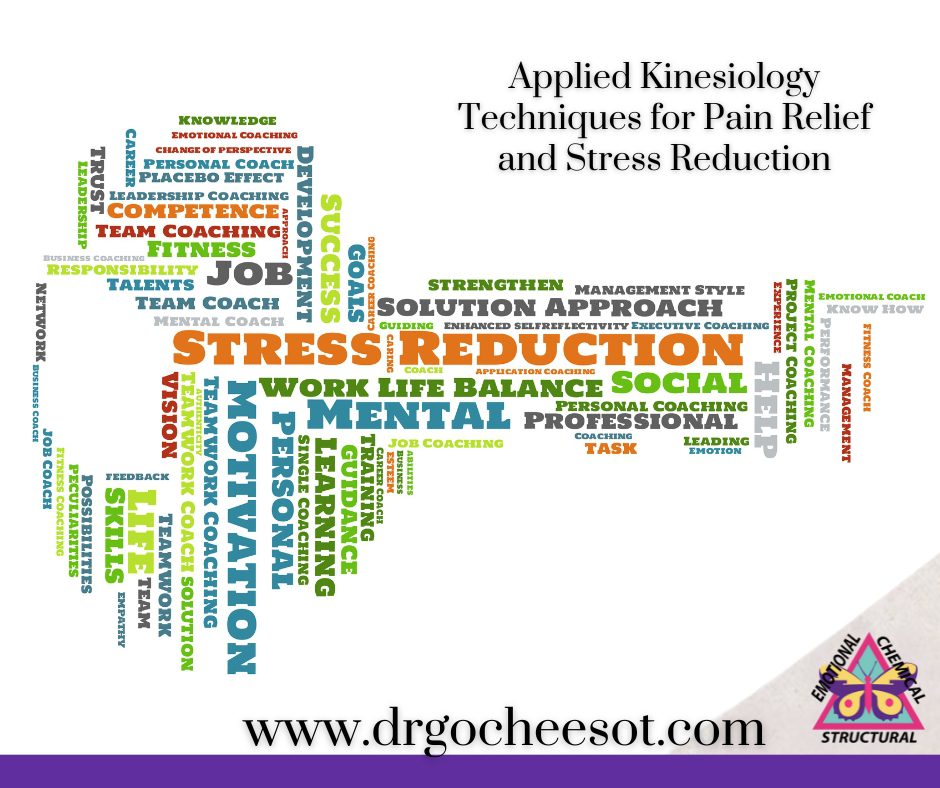
How Muscle Testing Works: Understanding the Basics
Muscle testing is based on the idea that the body is made up of interconnected systems and that imbalances in one system can affect the others. By testing the strength or weakness of certain muscles, applied kinesiologists can gather information about how these systems are functioning and identify areas of imbalance or dysfunction. This can help them develop targeted treatment plans to address the root causes of a patient’s symptoms.
There are several ways to conduct muscle testing, but the basic principle is the same. The practitioner will apply pressure to a muscle while the patient resists and then observe the response. If the power is strong and able to resist the pressure, it’s considered “locked.” If the muscle gives way easily, it’s considered “unlocked.” The practitioner can then use this information to identify areas of weakness or imbalance in the body.
It’s important to note that muscle testing is not a diagnostic tool in and of itself. Rather, it’s a way to gather information about the body’s functioning that can be used in conjunction with other diagnostic techniques to develop a comprehensive treatment plan.
The Benefits of Applied Kinesiology for Health and Wellness
Applied kinesiology has many applications for improving health and wellness. One of the primary benefits is its ability to identify underlying causes of chronic pain and other physical symptoms. By identifying imbalances in the body’s systems, applied kinesiologists can develop targeted treatment plans to address the root causes of these symptoms rather than just treating the symptoms themselves.
Another benefit of applied kinesiology is its ability to help patients reduce stress and improve their overall emotional well-being. By identifying emotional triggers that may be contributing to physical symptoms, practitioners can help patients develop coping strategies and address underlying emotional imbalances.
Applied kinesiology can also be used to optimize physical performance, whether you’re an athlete looking to improve your game or simply looking to improve your overall fitness level. By identifying areas of weakness or imbalance in the body, practitioners can develop targeted exercise and nutrition plans to help patients achieve their goals.
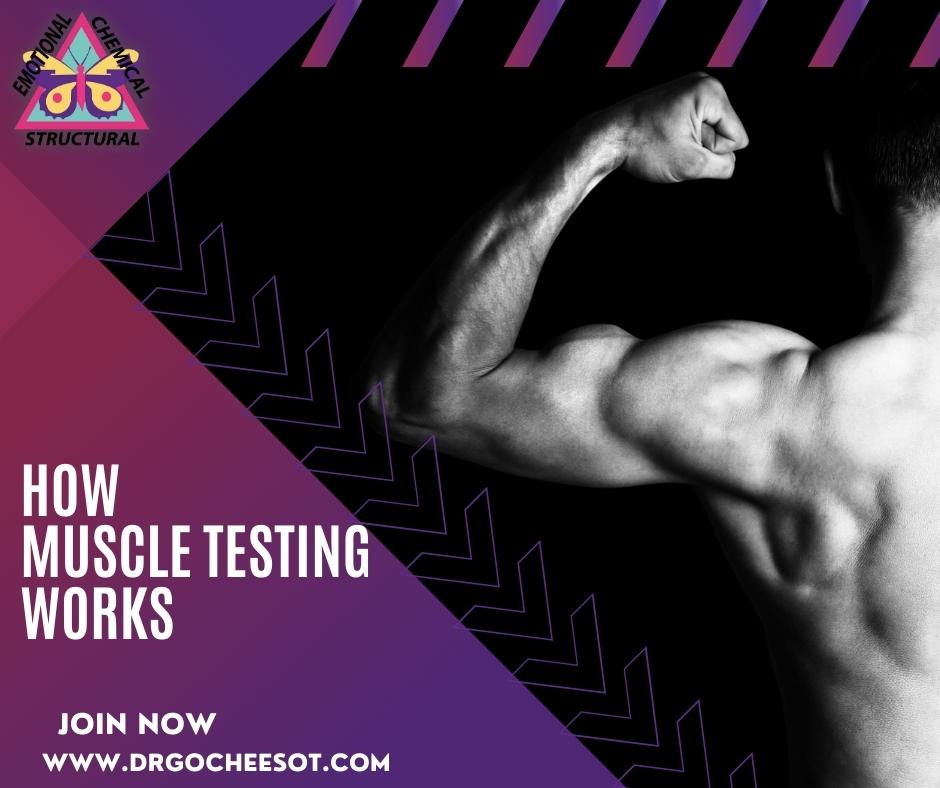
The Role of Nutrition in Applied Kinesiology
Nutrition plays a critical role in applied kinesiology, as it’s one of the primary ways we can support the body’s natural healing processes. By using muscle testing to identify areas of weakness or imbalance in the body, practitioners can develop targeted nutrition plans to help support these systems and promote healing.

For example, if a patient is experiencing chronic digestive issues, an applied kinesiologist may use muscle testing to identify foods that are causing inflammation or irritation in the digestive tract. They can then develop a customized nutrition plan that eliminates these trigger foods and incorporates foods that support healthy digestion.
Similarly, if a patient is experiencing chronic fatigue or low energy levels, an applied kinesiologist may use muscle testing to identify nutrient deficiencies that may be contributing to these symptoms. They can then develop a targeted nutrition plan that addresses these deficiencies and supports healthy energy production.
Applied Kinesiology Techniques for Pain Relief and Stress Reduction
One of the most common applications of applied kinesiology is for pain relief and stress reduction. By identifying areas of muscle weakness or imbalance that may be contributing to pain or tension, practitioners can develop targeted treatment plans to alleviate these symptoms.
One common technique used in applied kinesiology is called the “muscle energy technique,” which involves contracting and relaxing specific muscles to alleviate tension and improve mobility. Another technique is “craniosacral therapy,” which involves gentle manipulation of the bones in the skull and spine to promote relaxation and reduce stress.
In addition to these hands-on techniques, applied kinesiologists may also recommend exercises, stretches, and other lifestyle changes to help patients manage pain and stress.
The Connection between Emotions and Applied Kinesiology
One of the most fascinating aspects of applied kinesiology is its ability to identify emotional imbalances that may be contributing to physical symptoms. This is based on the idea that emotions can affect the body’s physiology, and that unresolved emotional issues can manifest as physical symptoms.
For example, if a patient is experiencing chronic neck pain, an applied kinesiologist may use muscle testing to identify emotional triggers that may be contributing to this pain, such as stress or anxiety. They can then help the patient develop coping strategies to address these emotional imbalances and alleviate the physical symptoms.
Applied kinesiology can also be used to identify emotional blocks that may be preventing patients from achieving their goals or living their best life. By identifying these blocks and developing strategies to address them, patients can overcome self-limiting beliefs and achieve greater success and fulfillment.
How to Find a Qualified Applied Kinesiologist
If you’re interested in exploring the benefits of applied kinesiology for your own health and wellness, it’s important to find a qualified practitioner who can guide you through the process. Look for a practitioner who has completed formal training in applied kinesiology and has experience working with patients with similar health concerns.
It’s also important to trust your instincts and choose a practitioner who you feel comfortable working with. Applied kinesiology can be a powerful tool for improving your health and well-being, but it’s important to find a practitioner who you feel confident in and who can provide the guidance and support you need.
Conclusion: How Applied Kinesiology Can Improve Your Life
Applied kinesiology is a powerful tool for improving your health and wellness, whether you’re dealing with chronic pain, digestive issues, or simply looking to optimize your physical and emotional well-being. By using muscle testing to gather information about the body’s functioning, practitioners like Dr. Gochee can develop targeted treatment plans that address the root causes of your symptoms.

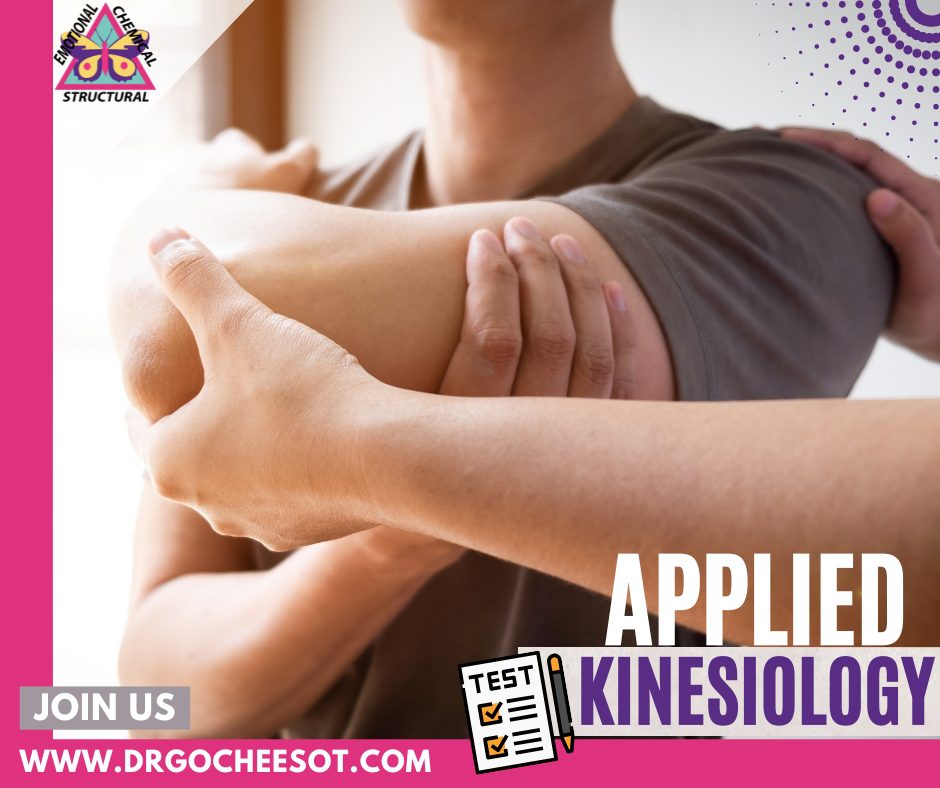

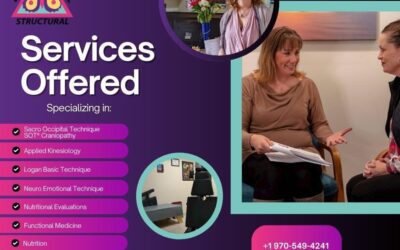
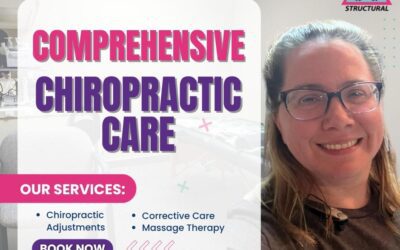
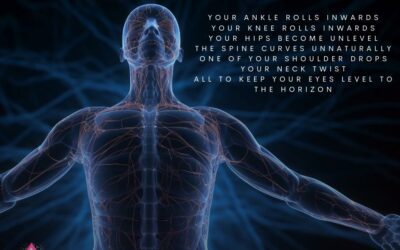
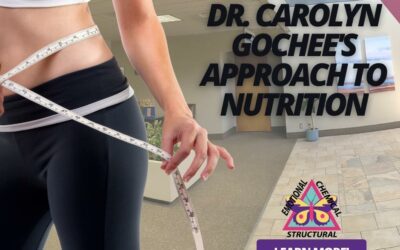


0 Comments